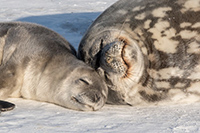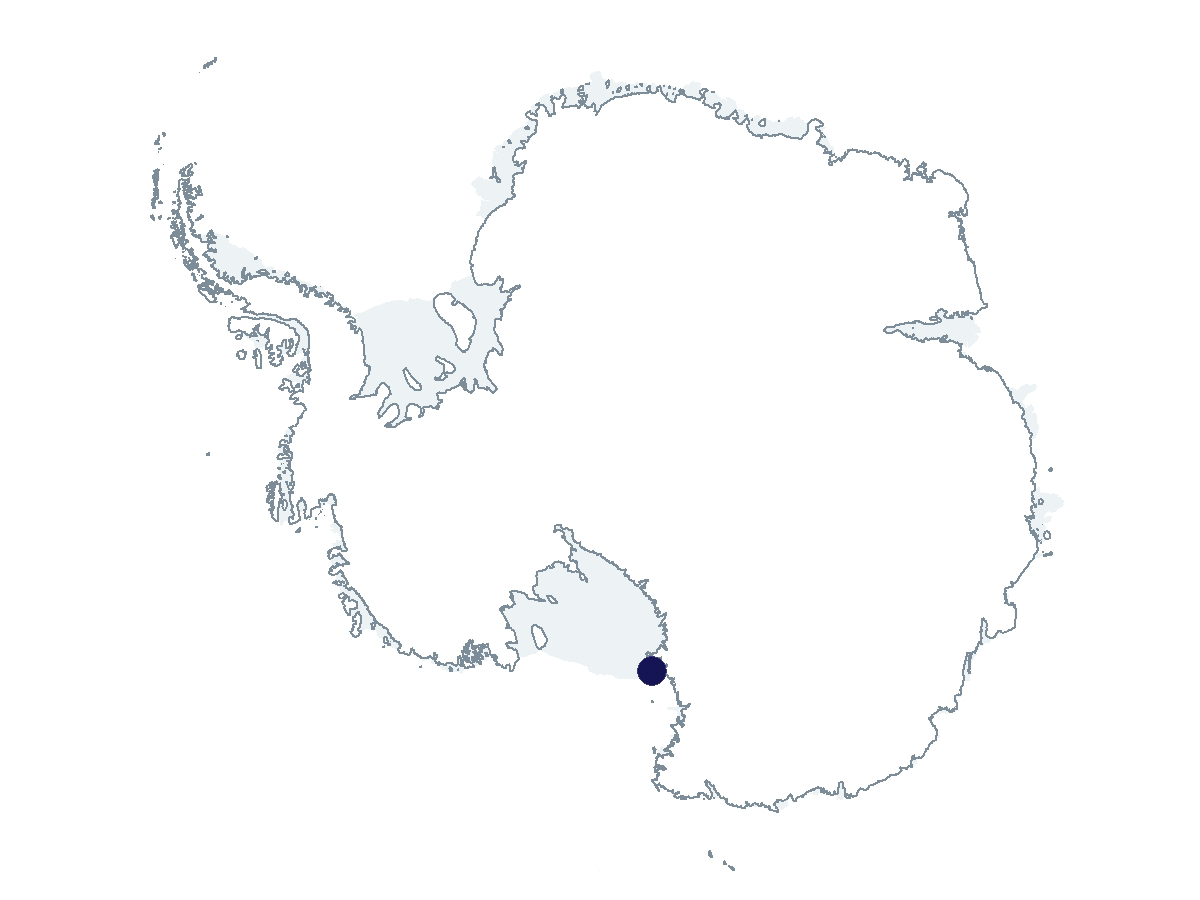2022-2023 USAP Field Season
Project Detail Project TitleCollaborative Research: The drivers and role of immigration in the dynamics of the largest population of Weddell seals in Antarctica under changing conditions Summary
Event Number:
Program Director:
ASC POC/Implementer: Principal Investigator(s)
Dr. Jay Rotella
Project Web Site: Location
Supporting Stations: McMurdo Station DescriptionThis is a continuation of a long-term study (1978-present) using an intensive mark-recapture tagging of Weddell seals in Erebus Bay to understand the population dynamics of a long-lived species. Recent results have documented strong annual variation in reproduction, abundance and population composition. The proposed work will continue population monitoring and add components to evaluate the demographic role of immigrant mothers; evaluate possible drivers of annual variation in overall population dynamics; assess genetic differences between immigrant and locally born mothers; and document patterns of gene flow among seal colonies in the Ross Sea region. These new aspects will add basic and applied approaches to improve understanding of population structure, function, and genetics, as well as provide key information for predicting how the population will respond to environmental change. Field Season OverviewField work will occur from early October to mid-December for seven participants deploying. Researchers will work out of a camp at Big Razorback Island and will focus on all pupping colonies and haul-outs within Erebus Bay from Cape Evans to Pram Point, as well as at White Island, and at select sites outside of Erebus Bay that will include Lewis Bay, Marble Point, Terra Nova Bay, and several other sites to be determined based on seal numbers in various areas. The field camp setup will include four fish huts with office, kitchen, bunk, and storage configurations, an outhouse, and will require refueling support. The team will use seven snowmobiles that will be dedicated for the entire season. They will also use helicopter support for periodic reconnaissance flights over the study area and outlying areas such as Marble Point and Lewis Bay to search for seals, and for travel to White Island to conduct population monitoring. The team will also require dedicated lab and office space in Crary Laboratory for the duration of deployment.
Deploying Team Members
|
2022-2023 Science Planning Summary



For USAP Participants |
For The Public |
For Researchers and EducatorsContact UsU.S. National Science FoundationOffice of Polar Programs Geosciences Directorate 2415 Eisenhower Avenue, Suite W7100 Alexandria, VA 22314 Sign up for the NSF Office of Polar Programs newsletter and events. Feedback Form |



